In a bold move to reshape Africa’s energy landscape, President Bola Tinubu has thrown his full weight behind the $25 billion Nigeria-Morocco gas pipeline, Senator Jimoh Ibrahim revealed on Wednesday during the executive session of the African Parliament Union in Casablanca. The project, currently in its planning stages, is now sitting at the top of Tinubu’s national development agenda.
Speaking at the high-level gathering, Senator Ibrahim, who represents Nigeria at the Union, emphasized that President Tinubu is determined not only to see this ambitious project through but also to revive previously abandoned energy infrastructure projects across the country.
“This pipeline is more than a construction venture — it’s a mission to unlock Africa’s energy future,” Ibrahim declared.
The pipeline is designed to stretch over 5,660 kilometers, with a capacity to transport 30 billion cubic metres of natural gas annually. Its route will pass through 13 West African countries: Nigeria, Benin, Togo, Ghana, Ivory Coast, Liberia, Sierra Leone, Guinea, Guinea-Bissau, Gambia, Senegal, Mauritania, and finally Morocco — which stands to become a gateway for gas exports into Europe.
First proposed in 2016, the Nigeria-Morocco gas pipeline is envisioned as a regional game-changer — one that could redefine economic and diplomatic ties in West Africa and beyond. It’s not just about fuel; it’s about feeding industries, powering homes, and creating a web of inter-African cooperation.
Senator Ibrahim underscored this very potential, highlighting the thousands of jobs expected to be created along the corridor and the positive ripple effects on digital infrastructure, industrial growth, and energy sustainability. For Morocco, the pipeline means the golden opportunity to become a major gas supplier to Europe, further solidifying its geopolitical standing.
Yet, Ibrahim didn’t shy away from making a pointed diplomatic nudge. He urged Morocco to loosen visa restrictions for Nigerians, arguing that the sheer volume of shared economic benefits should come with increased mobility.
“Let’s open the Atlantic,” Ibrahim said. “Let Nigerians enter Morocco freely. The level of opportunity this project offers demands it.”
Currently, the pipeline is still undergoing feasibility studies and route planning, with multiple stakeholders and regulatory bodies in ongoing dialogue. The Final Investment Decision (FID), originally expected in 2023, has now been delayed to 2025 — a reflection of both the project’s massive scale and the intricacies involved in intercontinental coordination.
Meanwhile, Senate President Godswill Akpabio is reportedly drafting new legislative frameworks to streamline the project’s execution and remove bureaucratic red tape. According to Ibrahim, the goal is to “eliminate, through legislation, any converging complexities that may obstruct the successful implementation of the project.”
Members of the African Parliament Union were visibly energized by the senator’s briefing, many viewing the project as a unifying force capable of lifting the region out of energy poverty and into an era of shared prosperity.
As Africa eyes a new energy dawn, the Nigeria-Morocco gas pipeline is shaping up to be a symbol of bold ambition and regional cooperation. With Tinubu’s administration placing it squarely at the heart of its economic revival plans, and legislative hands ready to clear the way, all eyes are now on the 2025 investment milestone. The world — especially Europe — will be watching closely. Updates expected as talks advance.



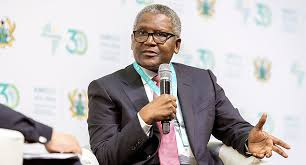
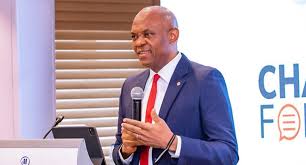
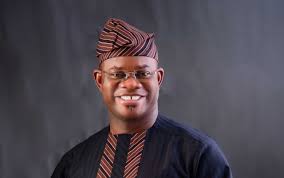
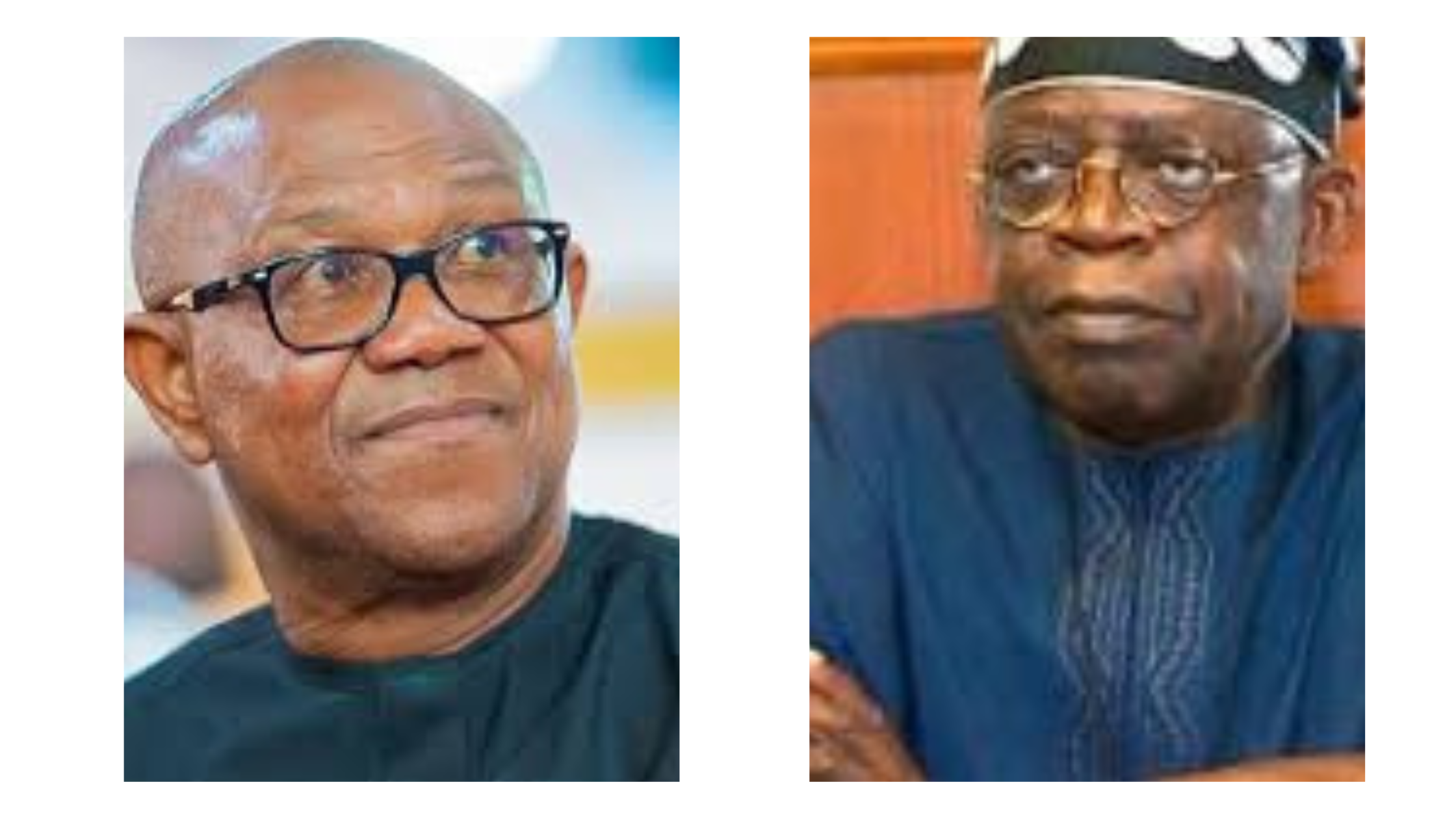
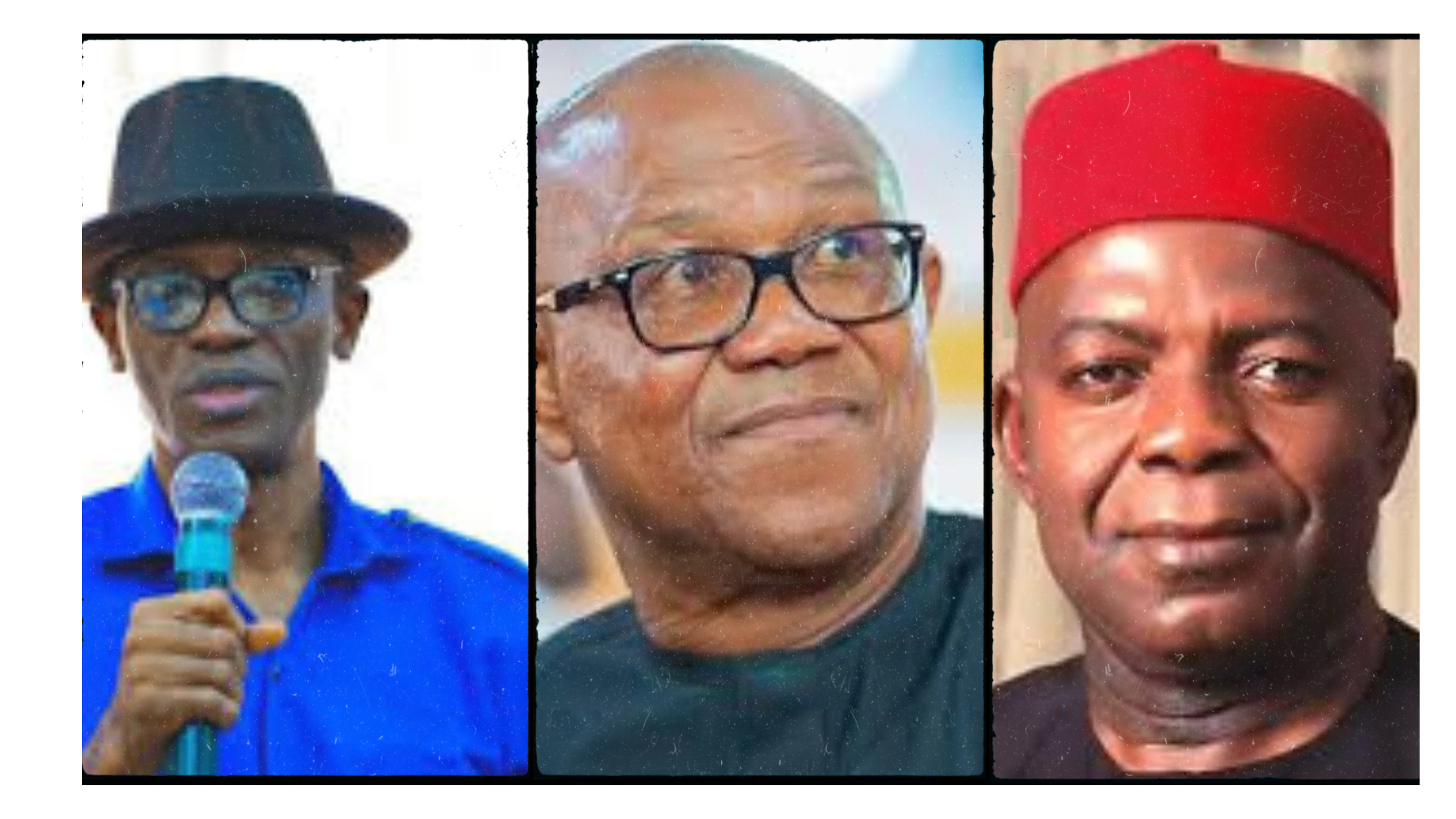

Leave a Reply